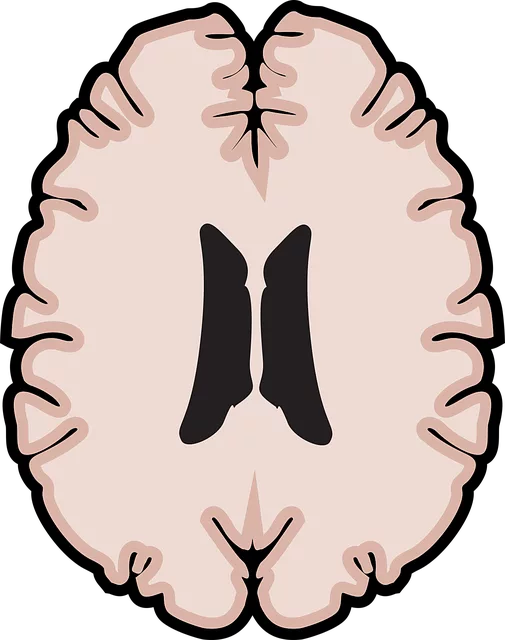Cultural competency in healthcare, evidenced by superior Kaiser Permanente mental health center reviews, is a critical approach that goes beyond symptom treatment. It involves understanding and respecting diverse cultural backgrounds to offer effective, sensitive services. By embracing this concept, mental health professionals can break down barriers, reduce stigma, foster trust, and encourage tailored self-care practices, ensuring culturally relevant treatment plans. The reviews highlight successful training programs at Kaiser Permanente centers that enhance cultural competency, leading to better patient connections and improved outcomes. These insights contribute to inclusive environments where patients feel heard, understood, and supported.
“Cultural competency training is an essential pillar in modern healthcare, as diverse patient populations demand sensitive and effective treatment. This article explores this critical aspect through three key sections. Firstly, we delve into the significance of cultural competency in healthcare, drawing insights from the esteemed Kaiser Permanente Mental Health Center’s approach. Subsequently, we review their successful implementation, offering valuable lessons in cultural sensitivity. Lastly, we present strategies for effective training, highlighting how these methods enhance patient care and outcomes, ensuring a superior healthcare experience.”
- Understanding Cultural Competency in Healthcare: A Necessary Approach
- Kaiser Permanente Mental Health Center Reviews: Lessons in Cultural Sensitivity
- Strategies for Effective Training: Enhancing Patient Care and Outcomes
Understanding Cultural Competency in Healthcare: A Necessary Approach

Cultural competency in healthcare is an essential approach that goes beyond treating symptoms; it involves understanding and respecting diverse cultural backgrounds and beliefs. This concept is particularly crucial in today’s diverse society, where patients from various ethnic, racial, and socioeconomic groups seek care at Kaiser Permanente mental health centers, as highlighted in superior reviews. Healthcare providers must be equipped to navigate these differences to offer effective and culturally sensitive services.
By embracing cultural competency, mental health professionals can contribute to breaking down the barriers often associated with seeking treatment for mental illness. Stigma reduction efforts are significantly enhanced when healthcare providers demonstrate an understanding of a patient’s cultural context, fostering trust and encouraging open communication. Moreover, this approach promotes self-care practices and mood management tailored to individual needs, ensuring that treatment plans are not only effective but also culturally relevant.
Kaiser Permanente Mental Health Center Reviews: Lessons in Cultural Sensitivity

The Kaiser Permanente Mental Health Center reviews serve as a powerful resource for understanding the importance of cultural sensitivity in healthcare. These reviews highlight the positive impact of comprehensive training programs designed to enhance cultural competency among mental health professionals. By examining real-life experiences, practitioners can learn valuable lessons on how to navigate diverse patient backgrounds, fostering better connections and improved outcomes.
The feedback from these reviews underscores the necessity of addressing burnout prevention among mental health professionals, a pressing issue exacerbated by the inherent challenges of working with culturally diverse populations. Furthermore, they offer insights into effective empathy-building strategies, crucial for conducting thorough risk assessments and providing tailored care that respects and values each patient’s unique cultural context. These insights contribute to creating inclusive environments where patients feel heard, understood, and supported.
Strategies for Effective Training: Enhancing Patient Care and Outcomes

Effective cultural competency training for healthcare providers involves strategies that go beyond surface-level awareness. At Kaiser Permanente mental health centers, for instance, superior training programs often incorporate hands-on exercises and role-playing scenarios to simulate real-world interactions with diverse patients. This practical approach enables healthcare professionals to develop crucial communication strategies tailored to different cultural backgrounds and contexts. By fostering empathy and compassion, these training sessions help providers understand the unique emotional healing processes of their patients, ensuring more personalized and effective care.
Additionally, practices like compassion cultivation can be integrated into the curriculum. Such techniques promote a deeper sense of understanding and patience among healthcare workers, allowing them to better connect with individuals from varied cultural and social backgrounds. This holistic approach not only enhances patient-provider relationships but also contributes to improved outcomes, as emotionally responsive care is proven to accelerate recovery and overall well-being.
Cultural competency training is no longer a choice but an essential requirement in healthcare. As evidenced by Kaiser Permanente Mental Health Center’s superior reviews, investing in such programs significantly enhances patient care and outcomes. By fostering cultural sensitivity, healthcare providers can create more inclusive environments, leading to improved satisfaction and health outcomes for diverse populations. Effective training strategies, as outlined in this article, provide a roadmap for organizations to navigate this crucial aspect of modern healthcare delivery.






